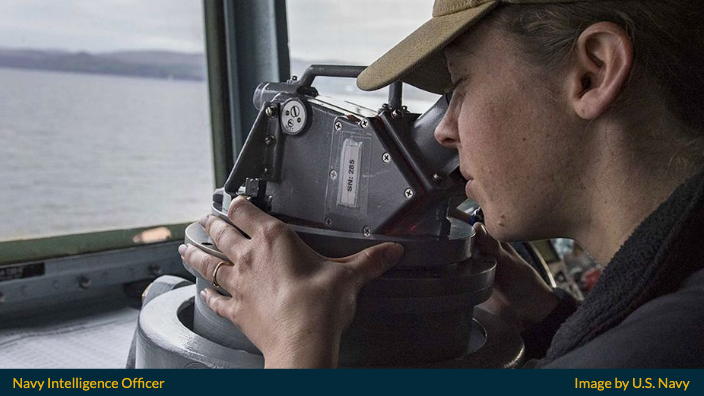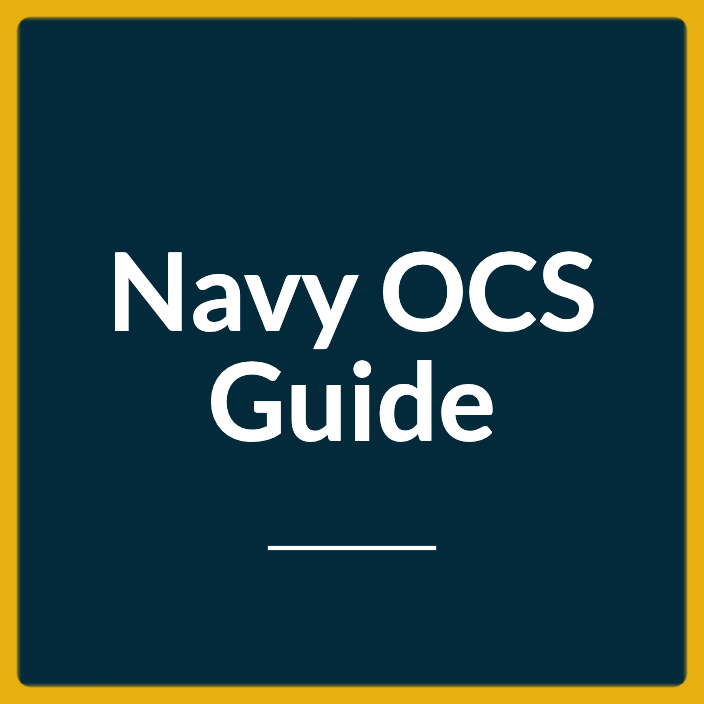If you are considering a career in the military, then consider becoming a Navy Intelligence Officer. You could have the chance to take on assignments at different duty stations around the globe.
Benefits of being in this specialized field come from naval squadrons to amphibious command ships.
This article presents the benefits of such a role, available duty stations, requirements for service and responsibilities related to it.
Learn more about what the Navy Intelligence duty stations have to offer your career.
Navy Intelligence Officer Duty Stations: Overview
Navy Intel Officers aren’t just collecting intel. They’re hunting threats before they happen, tracking enemy movements, and making sure U.S. forces stay one step ahead.
Where They Operate
- On land – Naval Air Stations, intelligence centers, overseas bases.
- At sea – Aircraft carriers, submarines, warships.
What They Do
- Identify threats – Spot enemy activity before it becomes a problem.
- Support missions – Provide intel for combat ops and search-and-rescue.
- Protect national security – Analyze and act on classified data.
Why It Matters
A single piece of bad intel can cost lives. Intelligence Officers make sure that never happens.
What’s in It for You?
- High-level responsibility – You aren’t just watching—you’re making decisions that count.
- Global impact – Your work affects missions worldwide.
- Elite training & career growth – This isn’t just a job—it’s a lifelong skill set.
The responsibility is massive, but so are the rewards.
Advantages of Navy Intelligence Service
This isn’t just a job. It’s specialized training, career growth, and lifelong benefits—both in and out of uniform.
What You Gain
- Elite Skills – Intelligence officers master field investigation, analysis, data presentation, and foreign languages.
- Advanced Training – Learn cryptography, tactics, and intelligence strategy.
- Camaraderie & Support – A tight-knit community that has your back—on and off duty.
Life After the Navy
Navy Intelligence isn’t just for the military—it opens doors in the civilian world.
- Certifications & Licensing – The NavyCOOL program helps turn military training into civilian credentials.
- Career Paths – Former Intelligence Officers go into roles like:
- Military Analyst
- Counterintelligence Agent/Technician
- Cybersecurity & Government Intelligence Jobs
- Transferable Skills – Tactics, analysis, leadership—these skills work anywhere.
Financial Perks
- Tuition Assistance – Get degrees while serving.
- Reenlistment Bonuses – Extra cash for staying in.
- Competitive Pay & Benefits – Specialized roles come with specialized rewards.
Navy Intelligence has been around for decades—because it’s essential. The work is demanding, but the payoff? Unmatched experience, career potential, and lifelong connections.

Types of Duty Stations
Navy Intelligence isn’t a desk job. It’s high-stakes work in high-impact places—from headquarters in D.C. to ships, submarines, and expeditionary forces worldwide.
Duty Stations & Assignments
- Washington D.C. – Intel HQ, strategic analysis, and global mission planning.
- Aircraft Carriers & Destroyers – Tracking threats, briefing commanders, guiding operations.
- Submarines – Classified undersea intelligence gathering.
- Naval Air Stations – Working with aviation assets for surveillance and reconnaissance.
- Expeditionary Units – Deploying with Marine forces for tactical intelligence in real-world operations.
Key Assignments
Amphibious Command Ship
- Work alongside Navy & Marine Corps personnel.
- Provide intelligence for live-fire exercises and expeditionary operations.
- Experience life at sea while supporting combat and humanitarian missions.
Aviation Squadron
- Collect & analyze intelligence from reconnaissance and combat missions.
- Work with advanced aircraft systems to track and neutralize threats.
- Deploy for combat support, surveillance, and global security ops.
A Career of Challenge & Reward
- Every assignment is different. One tour could be on a ship, the next an international deployment or working with law enforcement.
- Short-term missions can put officers in unique situations, from counterterrorism operations to joint missions with allied forces.
- Demanding? Yes. But high-impact, high-reward careers always are.
No matter where they serve, Navy Intelligence Officers play a direct role in securing U.S. interests worldwide.
Navy Intelligence Officer Job Requirements
This isn’t just about brainpower or technical skills. It’s about responsibility, integrity, and commitment. The job demands long hours, high-pressure assignments, and deployments far from home. It’s not easy—but it matters.
Active Duty: The Reality of the Job
- Expect long hours—intelligence never sleeps.
- Frequent relocations—deployments, overseas assignments, classified missions.
- Constant learning—stay ahead of tech, world events, and foreign languages.
- Big impact—every mission, every report, every decision shapes national security.
Special Intelligence Security Clearance
- Classified access required—this is high-trust, high-stakes work.
- Clearance lets officers handle top-secret data, reports, and security briefings.
- Secrecy is the job—what you know stays with you. Period.
Basic Intelligence Training (BIT)
Every Navy Intelligence Officer goes through BIT, where they learn:
- Intelligence gathering & analysis – Turning data into actionable decisions.
- Mission planning & execution – Preparing for real-world intelligence ops.
- Data security & threat recognition – Protecting classified information.
- Rules of engagement & ethics – Knowing when to act and when to stand down.
Being a Navy Intelligence Officer isn’t just a career—it’s a commitment to something bigger. You influence world events, safeguard national security, and make decisions that count.
The Duties of a Navy Intelligence Officer
Core Responsibilities
- Identify threats & analyze enemy movements
- Develop strategic plans to protect U.S. security
- Secure classified data from foreign intelligence agencies
- Understand rules of engagement & act ethically in complex situations
Training: Basic Intelligence Training (BIT)
Every officer completes BIT, which covers:
- Mission planning & execution – Turning intel into action.
- Intelligence collection & analysis – Extracting useful data from multiple sources.
- Ethical decision-making – Knowing when and how to act under pressure.
Counter-Intelligence: Stopping Espionage Before It Happens
Foreign intelligence agencies want U.S. secrets—Intelligence Officers make sure they don’t get them.
- Identify, track, and neutralize foreign intelligence threats.
- Use Counter-Intelligence (CI), HUMINT, and SIGINT to detect covert operations.
- Stay ahead of enemy tactics—protecting classified data from infiltration.
Human Intelligence (HUMINT): The Power of People
HUMINT relies on real people, not just technology—spies, informants, and undercover assets.
- Gather intel from human sources—foreign contacts, defectors, field agents.
- Predict enemy movements—understanding how adversaries operate.
- Defend against infiltration—knowing the tricks enemy operatives use to access protected locations.
Operational & Strategic Intelligence Planning
Navy Intelligence Officers don’t just react—they plan ahead.
- Analyze threats & predict enemy moves before they happen.
- Develop intelligence-driven strategies to counter risks.
- Coordinate with military & government agencies to execute large-scale intelligence missions.
More Information
Please note that this information may change anytime without notice. Contact your local Naval Officer Recruiter for the most up-to-date information regarding Navy Intelligence Officer jobs.
You will also find helpful information in this guide: Become a Navy Intelligence Officer.
Hope you found this helpful to your research and career planning.

